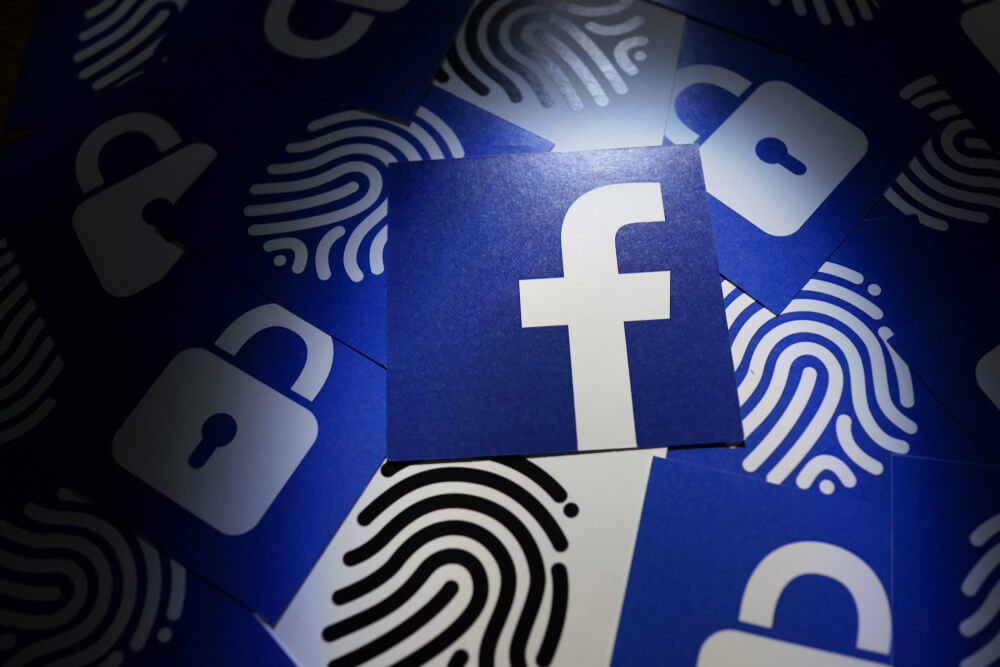Facebook’s new Libra cryptocurrency project has had a hard time getting off the ground, and considering it’s still getting a lot of raised eyebrows and distrusting looks from international financial leaders, it looks like things are set to remain somewhat difficult for the asset to roll out.
Libra May Encounter Opposition in Germany
Recently, Libra was jabbed at by German Finance Minister Olaf Scholz, who says he’s not entirely comfortable with the authorization of Libra use in Europe. While discussing crypto with several other G7 finance minsters in a video conference, Scholz took issue with the idea that Libra is now allegedly being released under a new name – Diem – and that this change doesn’t mean Libra will be any different structurally. He says:
A wolf in sheep’s clothing is still a wolf. It is clear to me that Germany and Europe cannot and will not accept its entry into the market while the regulatory risks are not adequately addressed. We must do everything possible to make sure the currency monopoly remains in the hands of the states.
Libra was first announced during the summer of 2019. Plans for the currency came about just over a year after Cambridge Analytica was wrapped up. Facebook may have potentially felt that Libra would be its way of apologizing to users who were affected and for regaining people’s trust, but unfortunately, many individuals didn’t quite view the asset through a sympathetic lens.
The Cambridge Analytica scandal shed light on how Facebook had been utilizing people’s private information for years without their knowledge and permission. If the company was selling users’ personal data to third parties for advertising purposes, what was it willing to do with people’s financial information? The idea was too scary to consider, and this sent many people into a whirlwind of concern.
Figures such as Mark Zuckerberg – the CEO and co-founder of the social media platform – soon found themselves before a congressional panel discussing what the plans were for Libra, and how the company allegedly planned to keep people’s private data safe and secure.
So Many Regulatory Issues
However, as time has gone by, incidents like these have clearly led to more questions than answers, and people don’t seem to trust Libra anymore now than they did when it was first unveiled over a year ago.
The asset has encountered so many regulatory hurdles in recent months that it will no longer be a single currency but rather a basket of fiat currencies and stable coins that people can potentially utilize to purchase goods and services through Facebook. Thus, Libra is not so much a currency anymore, but rather a payment system similar with PayPal. In addition, it has been announced that it could be made available as early as January of next year.



